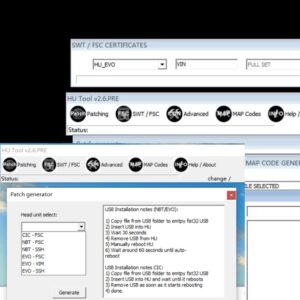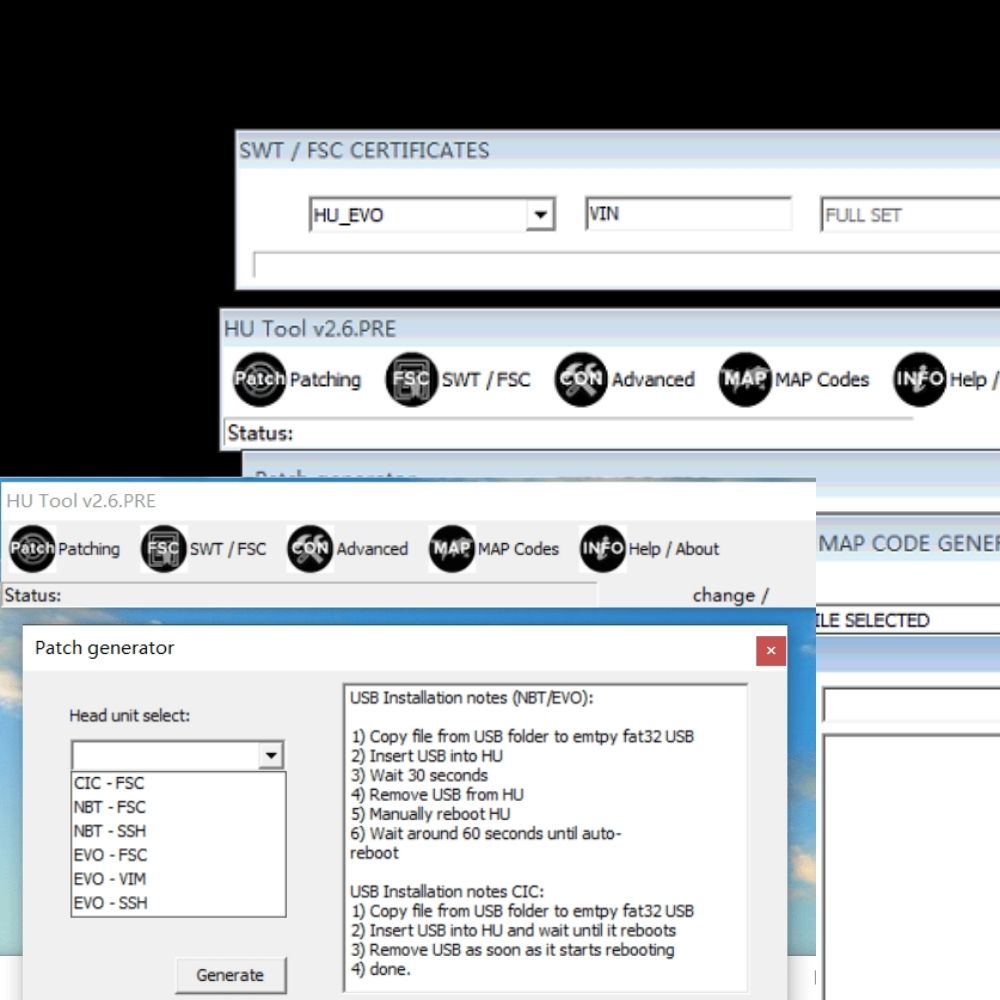
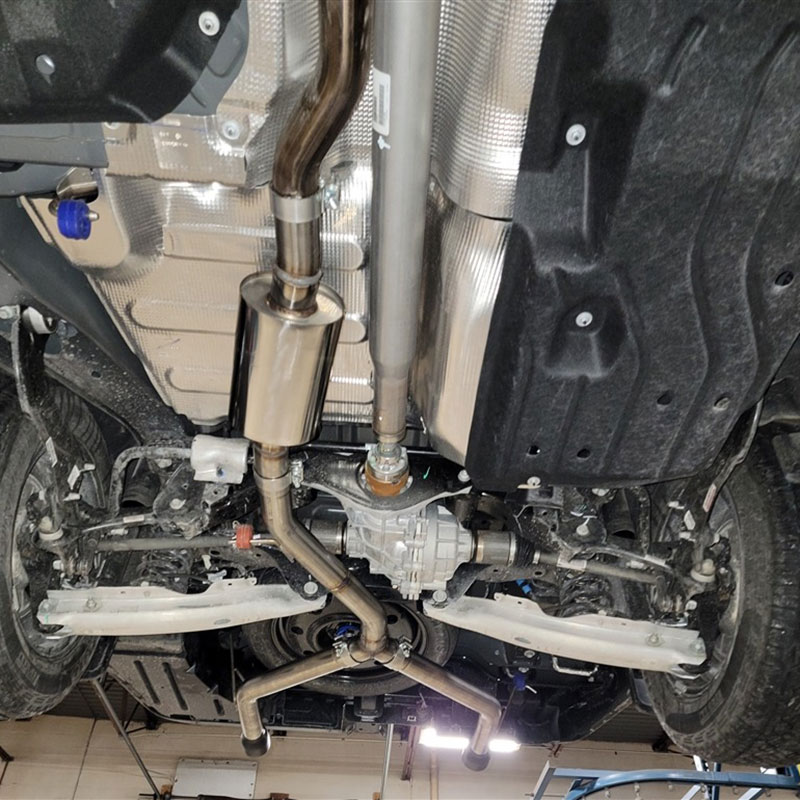
Ford Maverick Exhaust System: A Comprehensive Guide
The Ford Maverick exhaust system is a critical component, responsible for directing exhaust gases away from the engine and minimizing noise pollution. Understanding its function, potential issues, and maintenance is crucial for optimal performance and longevity. This guide delves into everything you need to know about the Ford Maverick exhaust system, from its basic components to troubleshooting common problems.
Table of Contents
ToggleUnderstanding the Ford Maverick Exhaust System Components
The Ford Maverick exhaust system is more than just a pipe; it’s a complex network of components working together. These include the exhaust manifold, catalytic converter, muffler, resonator, tailpipe, and oxygen sensors.
- Exhaust Manifold: This collects exhaust gases from the engine cylinders and channels them into the exhaust pipe.
- Catalytic Converter: This crucial component converts harmful pollutants into less harmful substances before they exit the tailpipe.
- Muffler: The muffler reduces engine noise, providing a quieter ride.
- Resonator: Working in tandem with the muffler, the resonator further refines exhaust sound and reduces drone.
- Tailpipe: This is the final exit point for exhaust gases.
- Oxygen Sensors: These sensors monitor the oxygen levels in the exhaust gases, providing data to the engine control unit (ECU) to adjust the air-fuel mixture for optimal combustion.
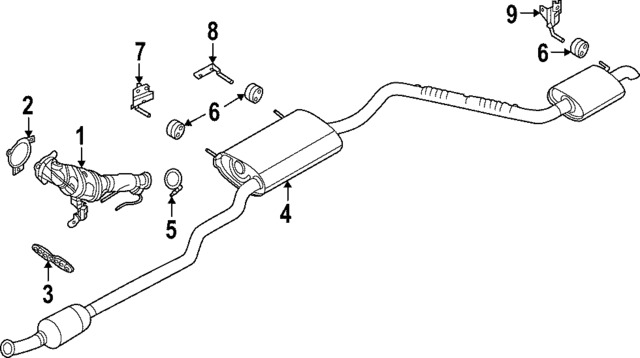
Common Ford Maverick Exhaust System Problems
Like any mechanical system, the Ford Maverick exhaust system can encounter issues. Here are some common problems:
- Exhaust Leaks: Leaks can occur at various points in the system, resulting in increased noise and reduced fuel efficiency.
- Catalytic Converter Failure: A failing catalytic converter can trigger the check engine light and impact vehicle performance.
- Muffler or Resonator Problems: A damaged muffler or resonator can lead to excessive noise or a droning sound.
- Oxygen Sensor Malfunction: Faulty oxygen sensors can negatively impact fuel economy and engine performance.
- Rust and Corrosion: Exposure to the elements can cause rust and corrosion, especially in areas with harsh winters.
Maintaining Your Ford Maverick Exhaust System
Regular maintenance is crucial for extending the life of your exhaust system. Here are some essential tips:
- Regular Inspections: Visually inspect the system for signs of rust, damage, or leaks.
- Professional Checks: Have a mechanic inspect the exhaust system during routine maintenance.
- Address Issues Promptly: Don’t delay repairs. Addressing small issues early can prevent more significant problems down the line.
- Consider Upgrading: Aftermarket exhaust systems can offer performance and sound enhancements.
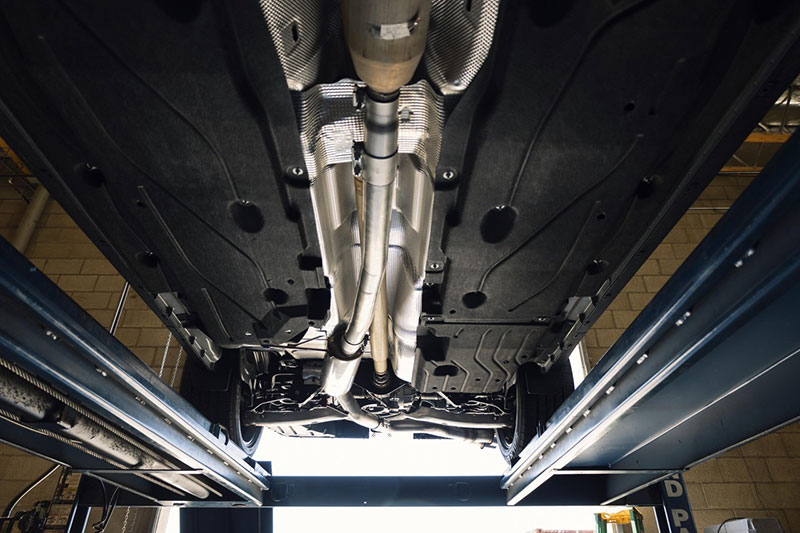
Ford Maverick Exhaust System Upgrades
Want to boost performance or personalize your Maverick’s sound? Aftermarket exhaust upgrades can help.
- Cat-Back Exhaust Systems: These systems replace the components from the catalytic converter back, offering improved flow and a sportier sound.
- Performance Mufflers: These mufflers reduce backpressure and enhance exhaust flow, potentially increasing horsepower.
- Exhaust Tips: Change the look of your Maverick with stylish exhaust tips.
Troubleshooting Your Ford Maverick Exhaust System
Here are some tips for diagnosing exhaust system problems:
- Listen for unusual noises: Rattling, hissing, or roaring sounds can indicate a problem.
- Check for leaks: Look for black soot or discoloration around exhaust components.
- Monitor the check engine light: A illuminated check engine light could signal an exhaust system issue.
Conclusion
The Ford Maverick exhaust system is an integral part of your vehicle. Understanding its components, potential problems, and maintenance requirements will help keep your Maverick running smoothly and efficiently for years to come. By following the tips and advice in this guide, you can ensure the longevity and optimal performance of your Ford Maverick’s exhaust system. Regular inspections and timely repairs are key to avoiding costly problems down the road.
FAQ
- How often should I have my Ford Maverick exhaust system inspected? It’s recommended to have your exhaust system inspected at least once a year or during regular vehicle maintenance.
- What are the signs of a failing catalytic converter? A decrease in fuel economy, a rotten egg smell, and a sluggish engine are common signs of a failing catalytic converter.
- Can I install an aftermarket exhaust system myself? While possible, it’s recommended to have a professional install an aftermarket exhaust system to ensure proper fitment and avoid potential issues.
- How much does it cost to replace a Ford Maverick muffler? The cost can vary depending on the muffler type and labor costs.
- What is the purpose of a resonator? The resonator helps to refine the exhaust sound and reduce droning noises.
- How can I prevent rust on my Ford Maverick exhaust system? Applying a rust-proof coating can help protect the exhaust system from corrosion.
- What should I do if I suspect an exhaust leak? Take your Maverick to a qualified mechanic to diagnose and repair the leak.
If you need further assistance, please contact us via Whatsapp: +1(936)2896695, email [email protected] or visit us at 4590 Angus Road, New York, United States. We have a 24/7 customer support team.


BMW FSC Codes Explained: Full FSC Code List for F-Series
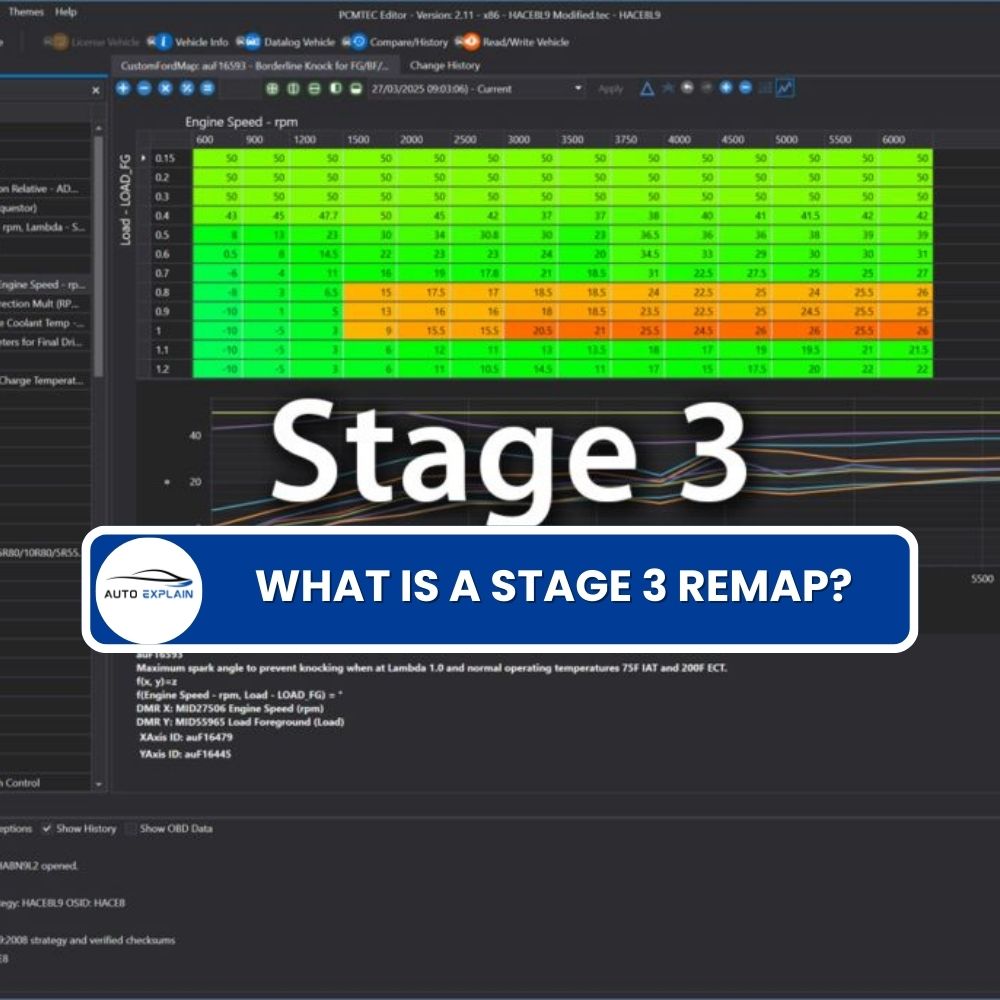
What is a Stage 3 Remap?

The Best Car Tuning Software in 2026: A Comprehensive Guide for Professionals




